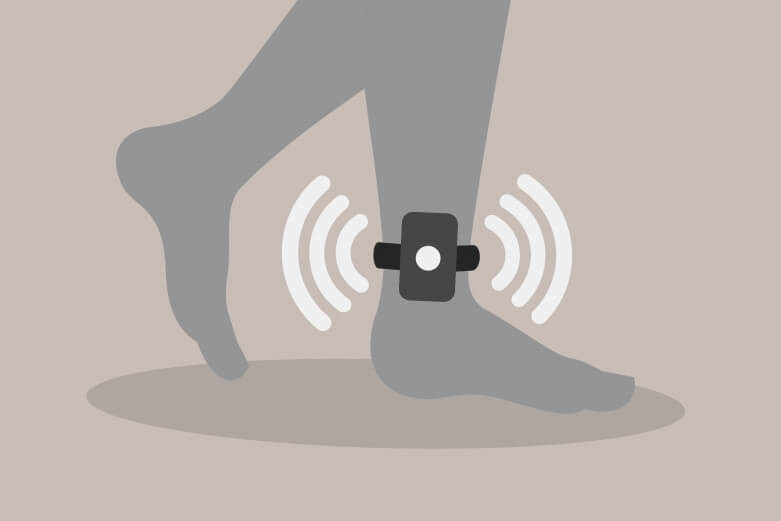Simon et al v. The City and County of San Francisco, Sheriff Paul Miyamoto
Page Media

On Sept. 8, 2022, the ACLU Foundation of Northern California and the law firm Wilson, Sonsini, Goodrich & Rosati filed a class-action lawsuit against the city and county of San Francisco and Sheriff Paul Miyamoto, urging the court to prevent the San Francisco Sheriff’s Office from requiring that individuals agree to unconstitutional “four-way” searches and GPS location data-sharing as conditions of pretrial release on electronic monitoring.
As a matter of U.S. and California constitutional law, only a court may determine the conditions of release on electronic monitoring that are reasonable under the circumstances of each case. But in San Francisco, Sheriff Miyamoto requires all electronic monitoring participants to sign a form granting any law enforcement officer permission to conduct a search of their person, residence, vehicle, and property at any time, without a warrant or probable cause. Individuals also must sign an acknowledgment that the sheriff may share GPS location data collected from their ankle monitor with other law enforcement agencies, also without a warrant, probable cause, or even reasonable suspicion.
The sheriff routinely shares real-time and historical GPS location data with the San Francisco Police Department and other law enforcement agencies upon request. During an investigation, police can use location data to track a specific person wearing an ankle monitor or conduct a virtual sweep to identify anyone on electronic monitoring who happened to be in the area when a crime occurred.
In addition to barring the four-way search and data-sharing conditions, the lawsuit seeks to force the San Francisco Sheriff’s Office to automatically expunge an individual’s GPS location data when their criminal case ends.
On Oct. 7, 2022, the ACLU and Wilson Sonsini filed a motion for preliminary injunction to ask the court to prohibit the sheriff's office from subjecting individuals released pre-trial on electronic monitoring to warrantless "four-way" searches and from sharing GPS location-data with other law enforcement agencies. In February 2024, the court granted the motion for preliminary injunction.
The Sheriff appealed the district court's ruling. In a divided opinion, the Ninth Circuit ruled for the Sheriff, reserved the district court, and vacated the injunction. The majority held that the Sheriff did not violate the separation of powers by insisting on his own preferred surveillance conditions in order to administer electronic monitoring, because the Sheriff presented the San Francisco Superior Court with a package of conditions that expanded the pretrial release options before the superior court. As for Plaintiffs' claims that the Sheriff's conditions violated the rights of releasees to privacy and against unreasonable search, the majority said that Plaintiffs were obligated to show that the challenged conditions were unreasonable in all cases because the claims were styled as facial challenges, and the majority held that Plaintiffs did not meet this burden because it considered the challenged conditions reasonable for at least some releasees. Judge Mendoza wrote a scathing dissent, focusing on the majority's separation of powers analysis. According to Judge Mendoza, the Sheriff had unlawfully usurped the core judicial function of setting pretrial conditions of release, and the majority's decision distorted the law and the facts to greatly expand executive authority over personal privacy. Plaintiffs filed a petition for rehearing or rehearing en banc, which was denied.
Read more:
